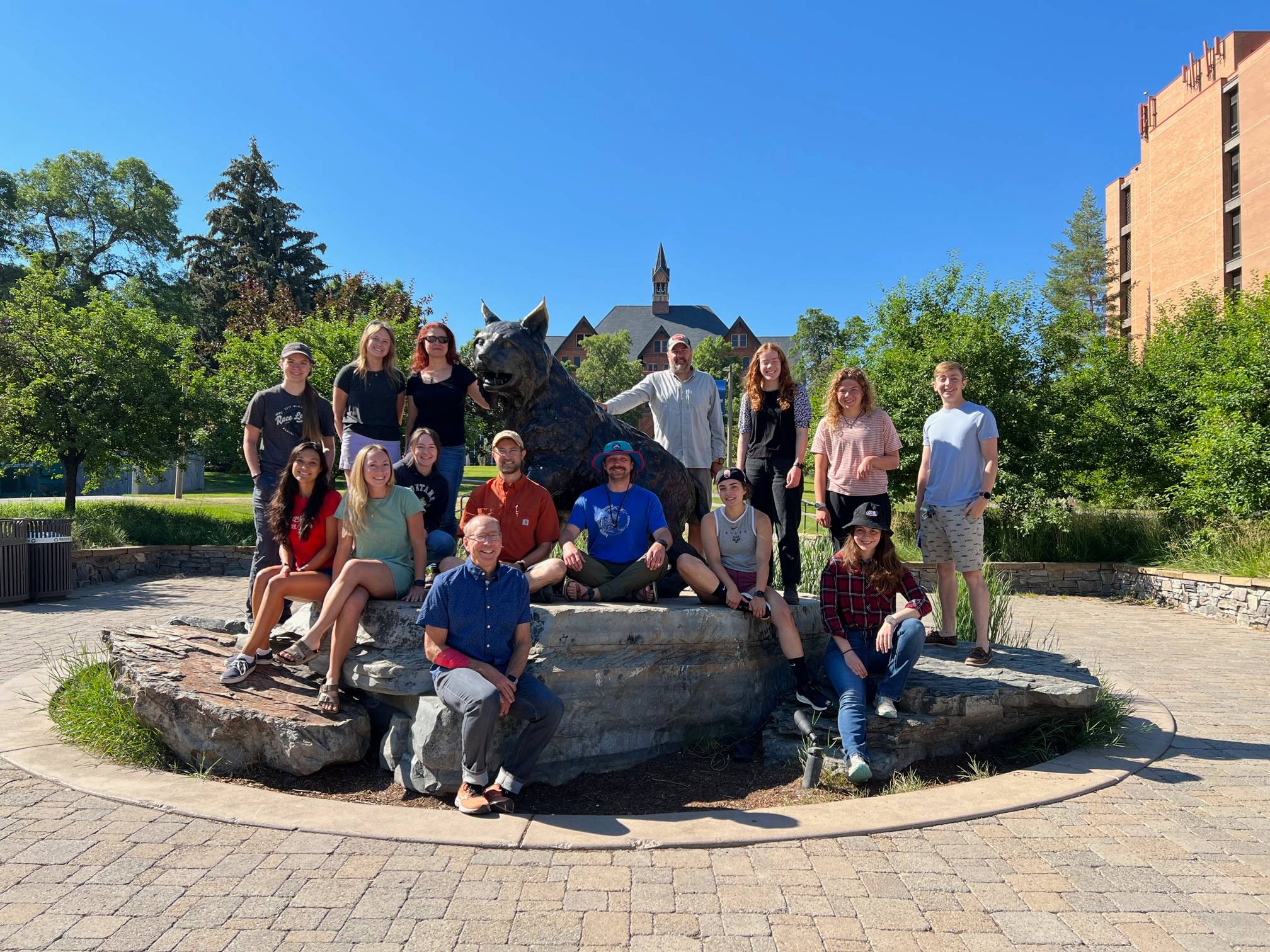Bothner Lab
Overview
Research in the Bothner lab has two main focuses: (1) Assembly, stability, and dynamics of multi-subunit enzymes and nucleoprotein complexes. (2) Investigation of cellular response to stress using chemical biology, proteomics, and metabolomics.
Area 1:
Investigation of bioenergetic coupling of large scale protein motion and enzyme catalysis. Specific processes of interest include the fixation of N2 and CO2 as well as how proteins channel electrons toward specific reductive sinks. Using an interdisciplinary approach we examine conformational control in model enzymes that employ different mechanisms to effect conformational control of chemical reactivity. Our work has demonstrated that conformational gating within protein complexes can play a major role in directing electron flow in electron bifurcating enzymes. These enzymes gate electrons along two independent electron transfer pathways, one high and one low potential, with a high degree of fidelity. In several electron bifurcating enzymes, gating has been implicated to occur through large-scale conformational changes within these complexes that modulate the distance between redox centers and therefore impact electron transfer rates significantly. This work also involves elucidating allosteric networks that control catalysis. This work is a collaborative project with John Peters (Univ. Oklahoma) and Jen DuBois (MSU).
Area 2:
Cellular and organismal response to stress involves numerous networks and signaling pathways. We measure changes in protein abundance and activity along with metabolomics perturbations to elucidate the pathways and networks that control biology. Biological stress comes in many flavors (such as temperature, oxygen, pH, heavy metal, and diet). The overarching goal of our research in this area is to elucidate fundamental cellular changes that are specific to a given environmental condition. Leading edge mass spectrometry in the form of proteomics, metabolomics, and lipidomics along with chemical biology, and NMR are the pillars of our investigations. A wide range of projects spanning extremophiles in Yellowstone National Park, response of human the microbiome to arsenic, and impact of diet on human health. A focus of this work is to identify biomarkers that can be used for health and environmental assessment. Collaborators at MSU include Tim McDermott, Valerie Copie, and Seth Walk.



